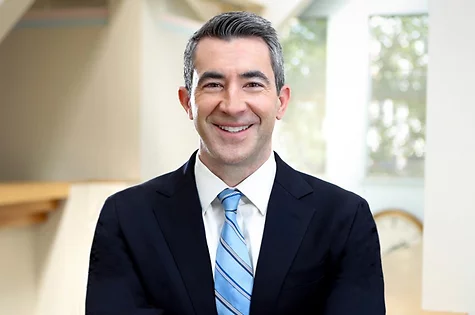Probate Rights of a Surviving Spouse in Connecticut
By: Philip C. Pires
The probate process commences after a person's demise and involves satisfying any debts, settling taxes, and distributing the remaining assets according to the will or Connecticut law in the absence of a will. Understanding your rights as a surviving spouse in Connecticut is essential to ensuring fair treatment and protection of your interests during the probate process.
Surviving Spouse's Allowance for Support under Connecticut General Statutes § 45a-320
Connecticut law provides an allowance for the support of a surviving spouse and family during the probate process. Under Connecticut General Statutes § 45a-320, the probate court may order a reasonable sum from the estate for the surviving spouse’s support during the administration of the estate, depending on the estate's condition and the family's station in life. The probate court may also allow the surviving spouse to use the family car during the administration of the estate.
The Elective Share under Connecticut General Statutes § 45a-436
Under Connecticut General Statutes § 45a-436, the surviving spouse has the right to claim an elective share of the decedent’s estate equal to a life estate of one-third of the net estate. The net estate is determined by the value of all property passing under the will, after the payment of all debts and charges against the estate. If a decedent has provided for the spouse in his or her will, the surviving spouse typically takes the share under the will, although the surviving spouse may elect to take the statutory share in place of the provision of the will. If the probate court has allowed a support allowance under Connecticut General Statutes § 45a-320 payable to the surviving spouse from the decedent’s estate, then the surviving spouse cannot take his or her statutory share until the expiration of the support allowance.
To make an elective share claim, the surviving spouse must file a notice with the court electing to claim the elective share not later than 150 days after the mailing of the decree admitting the will to probate. If the surviving spouse fails to make the claim during that time, then the surviving spouse is barred from receiving the elective share.
Probate Process When There Is No Will
If no will exists, Connecticut’s intestate succession laws set forth in Connecticut General Statutes § 45a-437 govern the division of the estate. If the decedent is survived by a spouse and no children (or descendants of children), the spouse inherits the entire estate. If the decedent is survived by a spouse and children (or descendants of children) who are all descendants of the surviving spouse, the spouse inherits the first $100,000 of the estate plus half of the balance. If the decedent is survived by a spouse and at least one child (or descendants of a child) who is not a descendant of the surviving spouse, the spouse inherits half of the estate.
Abandonment Claims May Bar the Spouse’s Inheritance Rights
A surviving spouse is not entitled to a statutory share or an intestate share if the surviving spouse, without sufficient cause, abandoned the decedent and continued such abandonment until the time of the decedent’s death. For example, where a spouse has vacated the home, has no intention of returning, caring for children, or re-establishing a familial relationship, the probate court may find abandonment.
Consult Our Connecticut Experienced Probate Litigation Attorneys
Facing the probate process as a surviving spouse in Connecticut can be challenging. Our experienced attorneys are ready to assist, helping you understand your rights, make informed decisions, and safeguard your interests. Contact us today to schedule a consultation.
Practice Areas
Attorneys
- Principal

